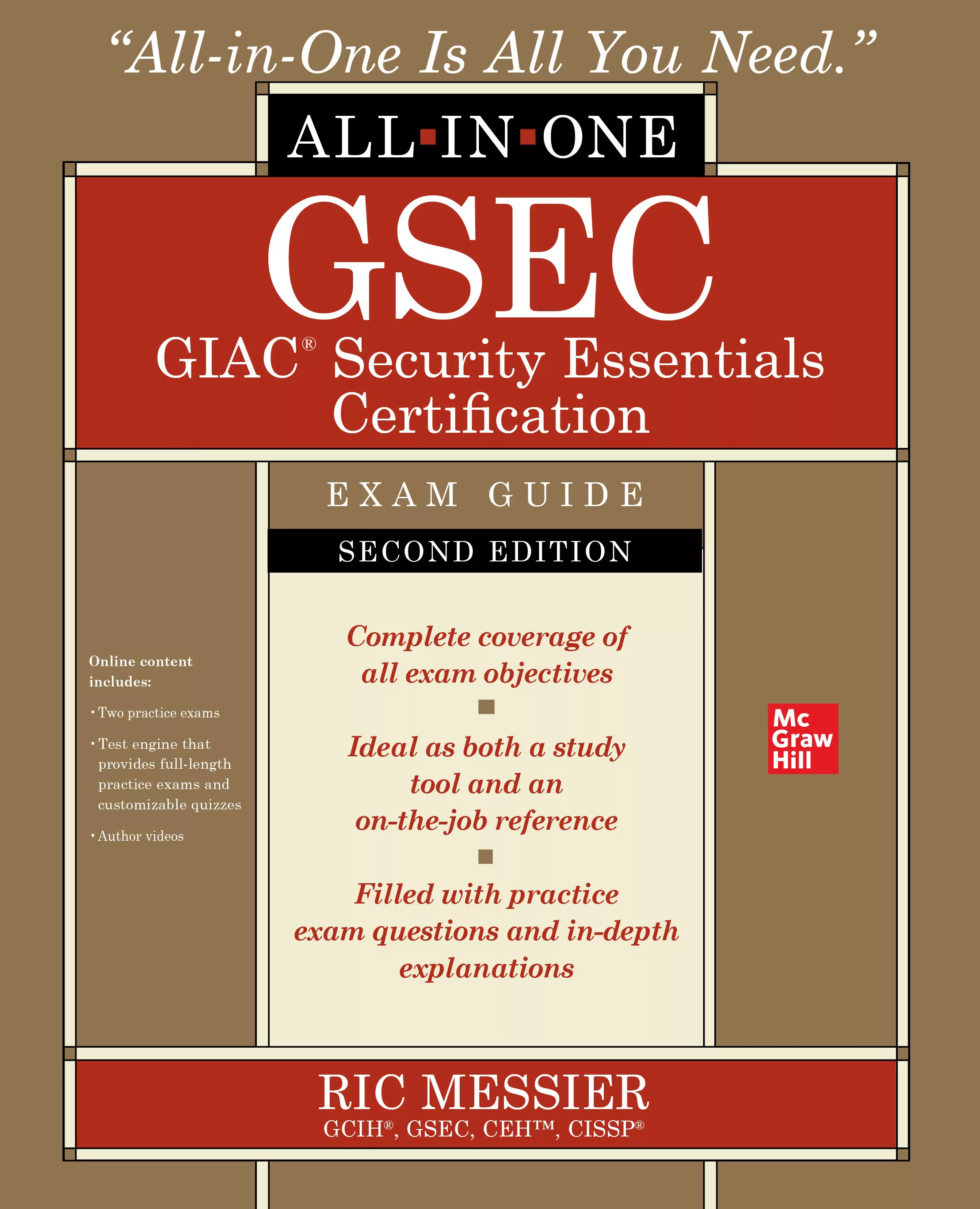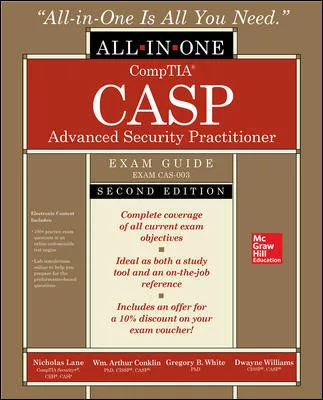Survey Shows One in Five an E-mail Lawsuit
As the one-year anniversary of the amended Federal Rules of Civil Procedure (FRCP) approaches on December 1, a survey of professionals directly involved in legal discovery shows that a significant number of businesses have been negatively impacted by the challenges of e-discovery. In fact, one-fifth of the professionals say their business has settled a lawsuit to avoid the cost of recovering and searching through electronic documents such as email. The survey, conducted by iTracks for Fortiva, a leading on-demand email archiving provider, also showed that a majority of businesses are now actively taking steps to reduce risk and meet FRCP requirements by improving their e-discovery processes.
“As more and more lawsuits focus on electronic evidence, the cost – and risk – of being unprepared for e-discovery keeps going up,” said Eric Goodwin. “It’s clear that in the year since the amended FRCP went into effect, the majority of businesses have recognized that fact and are doing something about it. There’s still a long way to go, but these results are very positive and they indicate that most companies are on the right path.”
The new FRCP states that all email is discoverable, and that parties to a lawsuit must meet within 99 days of a civil action being launched for a meet and confer session to disclose what information will be produced and the format in which it must be presented. As a result, businesses need to know where all emails are stored and for how long, and they need to ensure that they can access those emails and present them to opposing counsel in a reasonable timeframe. The new rules also require businesses to be prepared to enforce a litigation hold on any email that might be relevant to a potential case, meaning that those emails cannot be deleted until the issue is resolved.
Based on the results, nearly half (47 percent) of respondents do not agree that their legal team can effectively review relevant email in the 99-day window before the meet and confer session. To address this, 51 percent say they have implemented, or are planning to implement technology that allows them to easily search and review email. Similarly, more than one-third of businesses (36.7 percent) are already enforcing a formal retention policy for email, while another 40 percent are currently in the planning stage to enforce a formal policy.
Surprisingly, while 68 percent of respondents face at least one litigation hold each year, just 37 percent have a formal litigation hold process in place. Once again, this appears to be changing as another 36 percent of respondents are currently planning to create and enforce a formal litigation hold process.
Despite the generally pro-active approach most businesses appear to be embracing, the survey showed there is still reason for businesses to be diligent about this process. Other findings from the survey include:
37 percent of respondents conduct more than 21 searches through old email to gather information for legal reasons each year;
Nearly half of respondents (40 percent ) reported that their organization searches through email five or more times each year in response to a formal legal discovery request;
35 percent are not confident that emails are fully reviewed to ensure attorney-client privilege is not waived before being sent to opposing counsel during Discovery;
Of those who were familiar with the costs of litigation, more than half (51 percent) claimed the average cost of litigation (excluding settlement costs) was over $200,000, with 8 percent putting the average cost over $1 million.
Survey Methodology
The survey was conducted by iTracks research between November 7 and November 23, 2007 among 90 professionals directly involved with legal discovery in North America. The median business size was 600 employees and the mean was 1405.
For more information, visit www.fortiva.com.
Looking for a reprint of this article?
From high-res PDFs to custom plaques, order your copy today!





